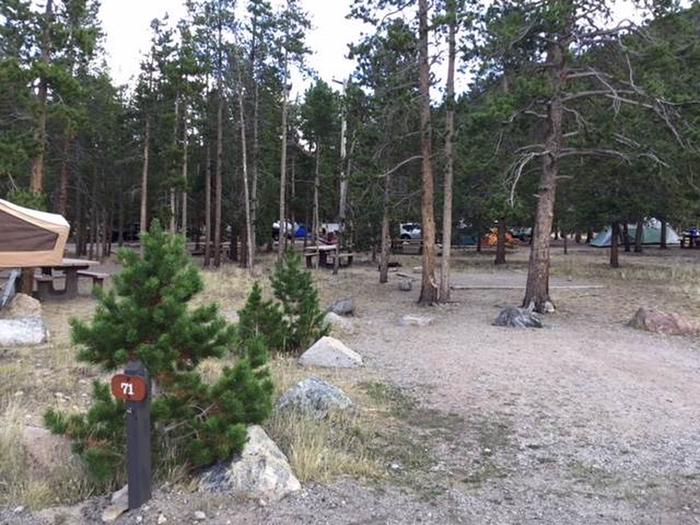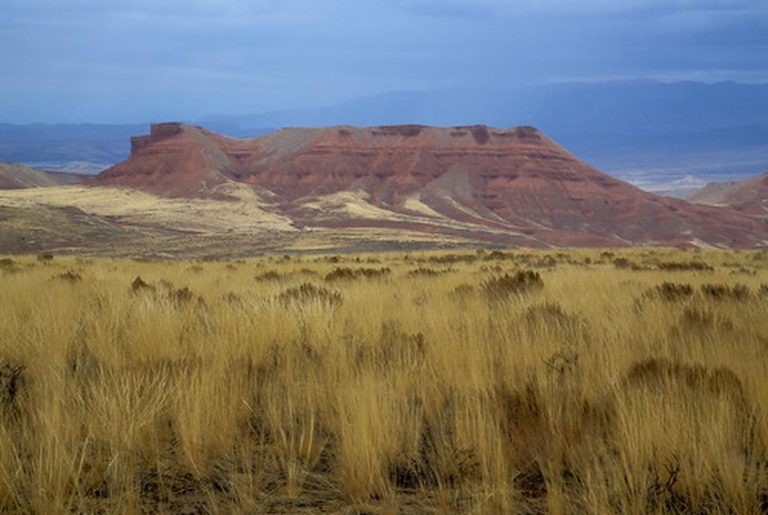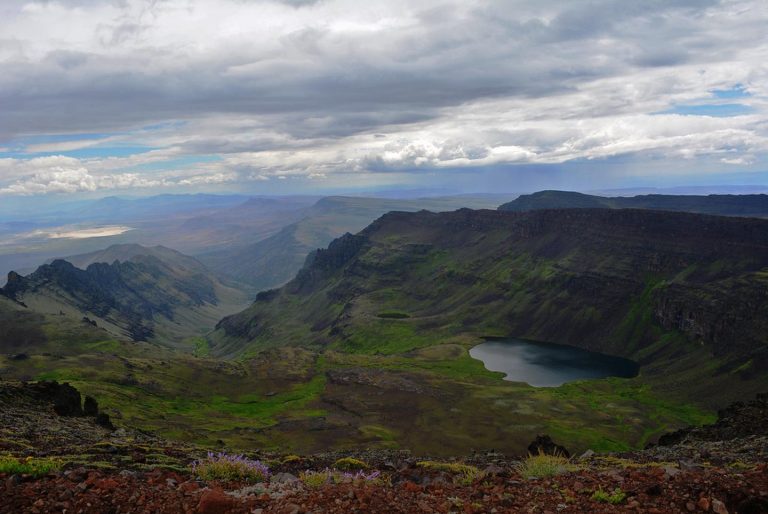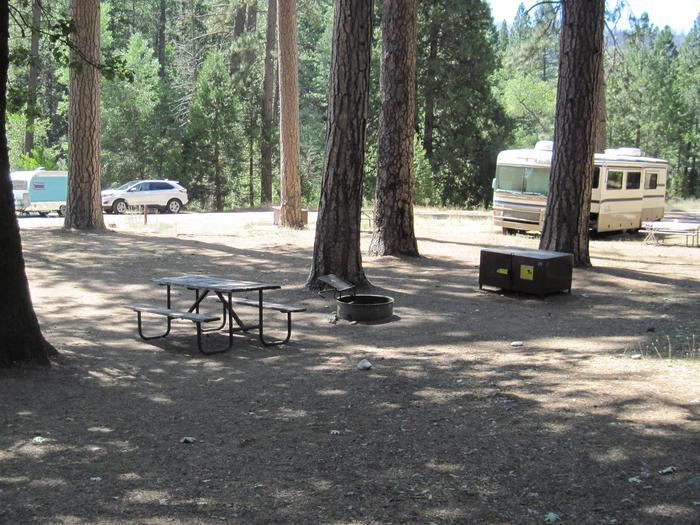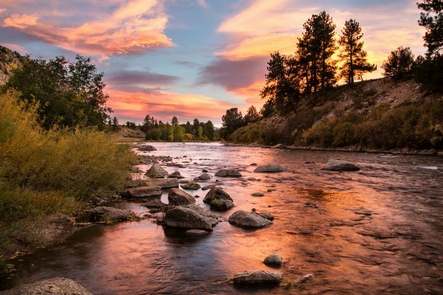Directions
National Wildlife Visitor Center is located off of Powdermill Rd. between Route 197 and Baltimore/Washington Parkway near Laurel, Maryland. The North Tract is located off of Route 198 between Route 32 and Baltimore/Washington Parkway.
Phone
301-497-5761
Activities
AUTO TOURING, INTERPRETIVE PROGRAMS, FISHING, HIKING, HUNTING, VISITOR CENTER, WILDLIFE VIEWING
Camping Reservations
Reserve your campsite at these camping areas:
Hiking Trails
Looking for nice hiking areas to take a hike? Choose from these scenic hiking trails:
Related Link(s)
More Maryland Recreation Areas
Established in 1936 by executive order of President Franklin D. Roosevelt, the Patuxent Research Refuge is the Nation's only National Wildlife Refuge established to support wildlife research. With land surrounding the Patuxent and Little Patuxent Rivers between Washington, D.C. and Baltimore, MD, the Refuge has grown from the original 2,670 acres to its present size of 12,750 acres and encompasses land formerly managed by the Departments of Agriculture and Defense. Throughout decades of change, Patuxent's mission of conserving and protecting the nation's wildlife and habitat through research and wildlife management techniques has remained virtually unchanged. Patuxent Research Refuge supports a wide diversity of wildlife in forest, meadow, and wetland habitats. The land is managed to maintain biological diversity and to protect and benefit native and migratory bird species. During the fall and spring migrations, many waterfowl species stop to rest and feed. Over 270 species of birds occur on the Refuge. A nesting pair of bald eagles has used the North Tract of the Refuge since 1989. Increasing forest fragmentation in the area caused by urban development has damaged many populations of neotropical migratory birds. The Refuge is one of the largest forested areas in the mid-Atlantic region and provides critical breeding habitat and wintering habitat for these species. Patuxent Research Refuge is divided into three areas: 1) North Tract, which offers hunting, fishing, wildlife observation, trails, and many interpretive programs 2) Central Tract, which contains the offices and study sites of many research biologists, and 3) South Tract, which has the National Wildlife Visitor Center and its trails. North Tract and the National Wildlife Visitor Center are the only areas open for visitor activities.

